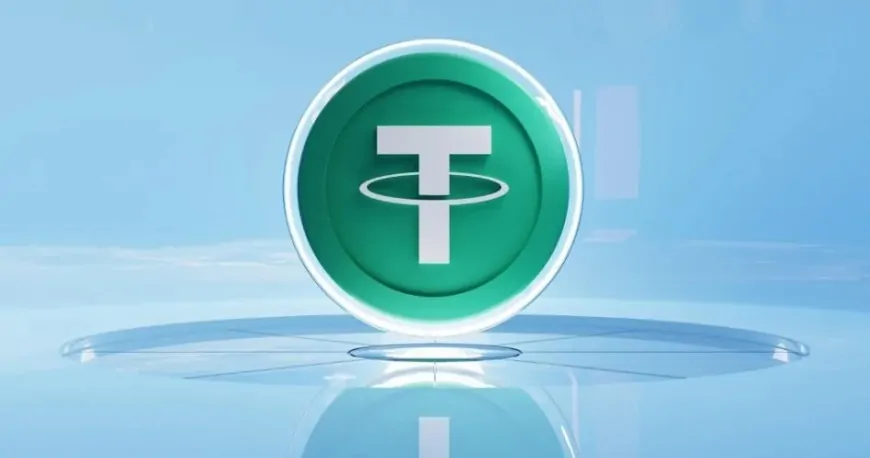Tether May Sell Bitcoin to Comply With U.S. Stablecoin Laws
JPMorgan warns Tether might need to sell Bitcoin and restructure reserves to meet stricter U.S. stablecoin regulations under proposed new laws.

Tether, the world’s leading stablecoin issuer, may soon face pressure to sell off billions in Bitcoin and other assets to comply with tighter U.S. stablecoin regulations, according to a recent JPMorgan analysis.
Tether currently holds around 83,758 Bitcoin, valued at over $8 billion, along with other investments like precious metals, corporate debt, and secured loans. However, under the proposed U.S. regulatory framework, certain assets might no longer qualify as valid reserves.
Upcoming U.S. Stablecoin Bills Could Reshape the Industry
Two separate bills aim to set clearer regulatory standards for stablecoin issuers:
-
The STABLE Act (introduced in the House) demands 1:1 reserve backing, stronger risk management, and state-level oversight.
-
The GENIUS Act (proposed in the Senate) also enforces fully backed reserves but allows a broader mix of approved assets while introducing federal regulation for major players.
JPMorgan’s analysis found that under these rules, only 66% of Tether’s current reserves would comply with the STABLE Act, while 83% would align with the GENIUS Act. The report also noted that Tether’s compliance rate has declined since mid-2024, a period that coincided with a sharp rise in stablecoin issuance.
Tether Faces European Regulatory Hurdles Too
Tether is also navigating new rules in Europe, where the Markets in Crypto-Assets (MiCA) framework requires large stablecoin issuers to keep at least 60% of their reserves in European banks.
This has already led to Tether’s USDT being delisted from multiple European exchanges. However, since Tether’s presence in Europe is relatively small, the overall impact has been limited. The real challenge lies in the U.S., where regulatory shifts could significantly reshape the company’s operations.
Tether’s Financial Strength Remains Solid
Despite growing regulatory scrutiny, Tether’s latest financials show a company in a strong position:
-
Q4 2024 net profit: Over $13 billion
-
Total equity: More than $20 billion
-
U.S. Treasury holdings: $113 billion (nearly 80% of its reserves)
-
Reserve buffer: Over $7 billion
-
Unrealized gains from Bitcoin & gold holdings: Around $5 billion
Tether has also become one of the largest buyers of U.S. government debt, further solidifying its financial position.
How Will Tether Adapt If Regulations Are Approved?
If either of the U.S. bills becomes law, Tether will need to shift more reserves into U.S. Treasuries and other highly liquid assets to comply.
- The STABLE Act would impose stricter reserve requirements and enable state-by-state oversight.
-
The GENIUS Act would introduce federal regulation but offer greater flexibility in acceptable reserves.
Analysts believe the required transparency, regular audits, and stricter reserve management rules could present significant adjustments for Tether.
Tether CEO Stands Firm
Despite these potential roadblocks, Tether CEO Paolo Ardoino remains optimistic. He highlighted the company’s strong liquidity, massive U.S. Treasury holdings, and a record $45 billion increase in token issuance in 2024 as proof of its resilience.
With U.S. stablecoin regulations expected to be finalized later this year, the crypto world is watching closely to see how Tether will restructure its reserves to maintain its dominant position.
Also Read: Judge Halts SEC Lawsuit Against Binance for 60 Days as Crypto Regulations Are Reviewed
































































